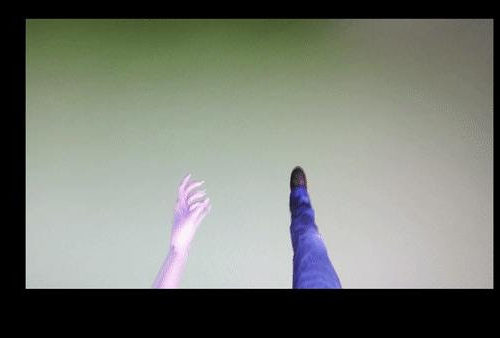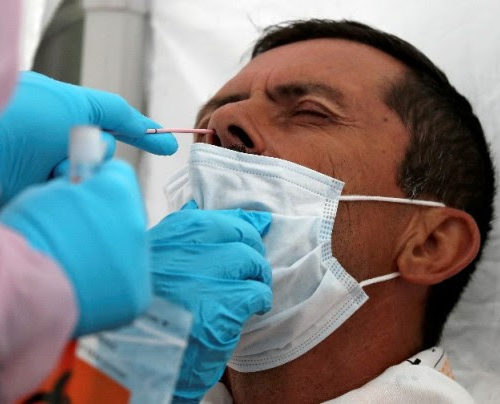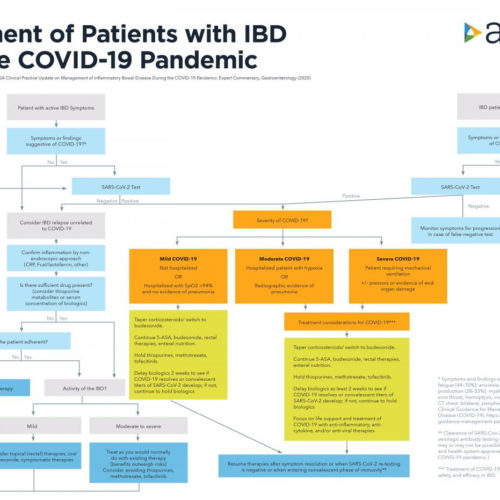Sentio bone conduction implant. Credit: Oticon Medical After over two decades of intensive research and development, a new bone conduction implant, the Sentio System, has now been approved for clinical use in both Europe and the United States. This innovative hearing implant originated in a research project at Chalmers University of Technology in collaboration with...
Tag: <span>Clinical Practice</span>
From virtual to reality! Virtual training improves physical and cognitive functions
THE VIRTUAL BODY AS EXPERIENCED BY THE USER view more CREDIT: TOHOKU UNIVERSITY Researchers at the Smart-Aging Research Center (IDAC) at Tohoku University have developed an innovative training protocol that, utilizing immersive virtual reality (IVR), leads to real physical and cognitive benefits. We all know that physical exercise is crucial for overall well-being and helps...
COVID-19 NEW Update: Yale Creates an FDA-Approved Saliva-Based Virus Test That Costs $10 With 94% Accuracy
Researchers from Connecticut-based Yale University has created a new way to determine if a person has acquired SARS-CoV-2, causing COVID-19. It turns out, a person’s saliva contains parts of the virus strands. Due to this conclusion, the university created its very own saliva-based COVID-19 test, and it is now approved by the United States Food...
Diluting blood plasma rejuvenates tissue, reverses aging in mice
New study suggests that plasma exchange could be the key to unlocking the body’s regenerative capacities UNIVERSITY OF CALIFORNIA – BERKELEY CREDIT: IMAGE COURTESY IRINA CONBOY Berkeley — In 2005, University of California, Berkeley, researchers made the surprising discovery that making conjoined twins out of young and old mice — such that they share blood...
Writing out your worries really works wonders
by Len Canter, Healthday Reporter (HealthDay)—As much as people often love to talk about their feelings, it might be more productive to skip the conversations and write about your worries instead, according to research done at Michigan State University (MSU). The research, published in the journal Psychophysiology, provides the first neural evidence of the benefits...
AGA releases official guidance for patients with IBD during the COVID-19 pandemic
by: AMERICAN GASTROENTEROLOGY ASSOCIATION Bethesda, Maryland (April 10, 2020) — Today, the American Gastroenterological Association (AGA) published new COVID-19 guidance for gastroenterologists treating patients with inflammatory bowel disease (IBD): AGA Clinical Practice Update on Management of Inflammatory Bowel Disease During the COVID-19 Pandemic: Expert Commentary. While the COVID-19 pandemic is a global health emergency, patients...
LAMA combination therapy more effective for COPD patients with exercise intolerance
Pharmacologic management of COPD is focused on improving patients’ quality of life while reducing the frequency of exacerbations. In this new clinical practice guideline, an expert panel addressed six “emerging questions around COPD management that were not covered in the previous guideline published in 2011,” noted Shawn Aaron, MD, co-chair of the guideline committee and...
Coronavirus and handwashing: research shows proper hand drying is also vital
by Julian Hunt and John Gammon, The Conversation With the number of people infected with coronavirus increasing around the world on a daily basis, the World Health Organization (WHO) has advised everyone to regularly and thoroughly clean their hands. This can be either with an alcohol-based hand rub or with soap and water. The hope...
Not all sleep is equal when it comes to cleaning the brain
New research shows how the depth of sleep can impact our brain’s ability to efficiently wash away waste and toxic proteins. Because sleep often becomes increasingly lighter and more disrupted as we become older, the study reinforces and potentially explains the links between aging, sleep deprivation, and heightened risk for Alzheimer’s disease. “Sleep is critical...
First practice guidelines for clinical evaluation of Alzheimer’s disease
July 22, 2018, Alzheimer’s Association Despite more than two decades of advances in diagnostic criteria and technology, symptoms of Alzheimer’s disease and Related Dementias (ADRD) too often go unrecognized or are misattributed, causing delays in appropriate diagnoses and care that are both harmful and costly. Contributing to the variability and inefficiency is the lack of...
- 1
- 2






